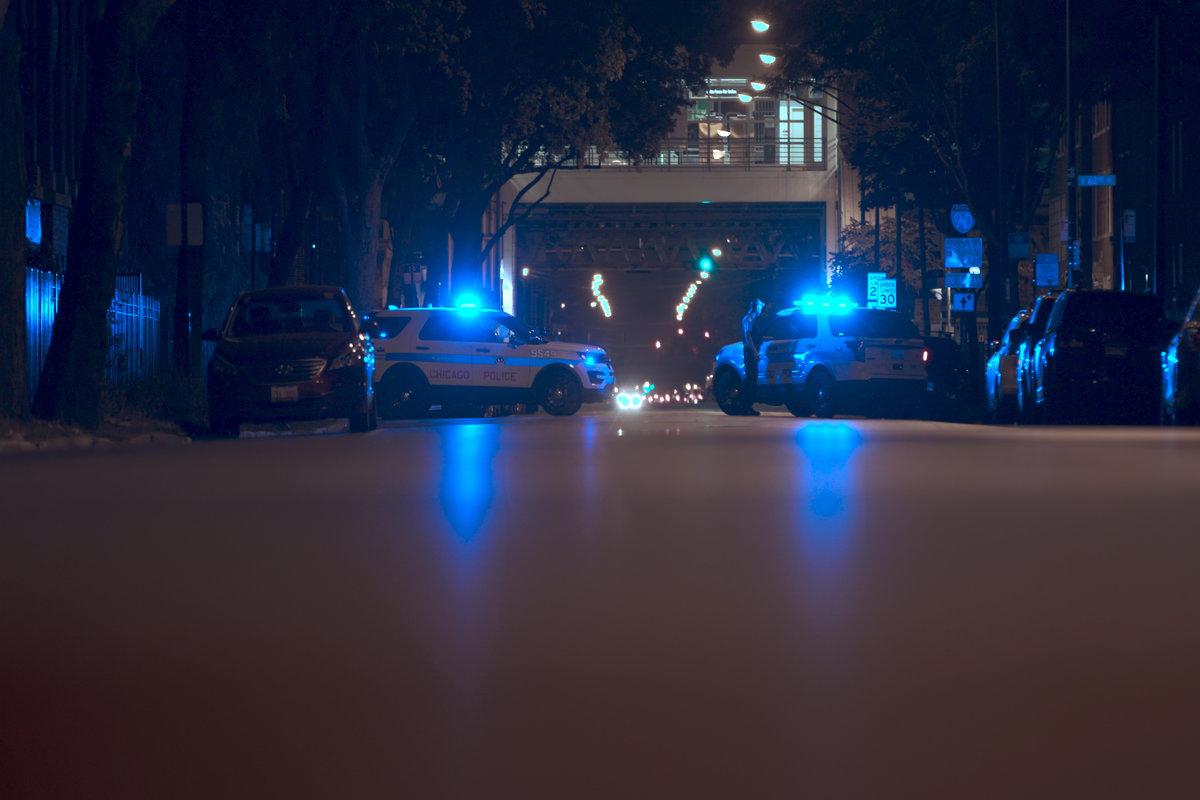Hot Docs 2018: The Blue Wall
/A case of straightforward reportage that benefits from its direct approach, Richard Rowley’s The Blue Wall presents a familiar, tragic story of racism and institutional corruption in modern-day America. In 2014, 17-year-old Laquan McDonald was shot and killed by police officer Jason Van Dyke in what the Chicago Police Department described as an open and shut case of a justified killing. But as one journalist investigated the incident, they discovered several pieces of disturbing information. Security footage from a building near the shooting mysteriously vanished, witnesses were intimidated by police into questioning their original statements, and an autopsy revealed that McDonald was shot sixteen times. When a source reveals that police and the city government are trying to suppress dash cam footage of McDonald’s murder, a long, arduous battle starts to get the video released to the public.
Rowley knows his film can’t work on telling McDonald’s story alone, as the depressing normalization of these police killings make this subject matter too common. Instead, Rowley expands his film to focus on the systems in place that have created and continue to uphold the status quo of giving police too much authority and too little accountability. In this case, the reelection campaign of mayor Rahm Emanuel played a role in the cover-up, as the footage would have hindered Emanuel’s chances of keeping his seat. At the same time, the police department was too afraid of the blowback the tape would bring, especially after the murders of Michael Brown, Trayvon Martin, and Freddie Gray (among many others) became national news stories. Everyone within the system act in fear of the masses at its mercy, and once the tape comes out, most of them realize how expendable they become once things turn against them.
Granted, none of what The Blue Wall covers or explains on a macro level is anything surprising, but it’s effectively pulled off. Rowley and co-cinematographer Karim Hajj use drone shots to convey the imposing scope of the city and its institutions (and kudos to them for giving some purpose to using drones, which are becoming a very frequent and annoying presence in documentaries), while Brian McOmber’s score sets an ominous tone throughout. It’s efficient filmmaking in service of the material, and as the film winds down Rowley makes it apparent that, more than anything, The Blue Wall is about how corrupt institutions succeed by seizing and controlling the narrative around whatever events might not work in their favour. Currently, officer Van Dyke is awaiting trial after being charged with six counts of first-degree murder. The Blue Wall’s story remains unfinished, and if the film’s conclusion feels abrupt, it’s because Rowley is more interested in trying to help influence the current narrative than he is in talking about it after the fact.

